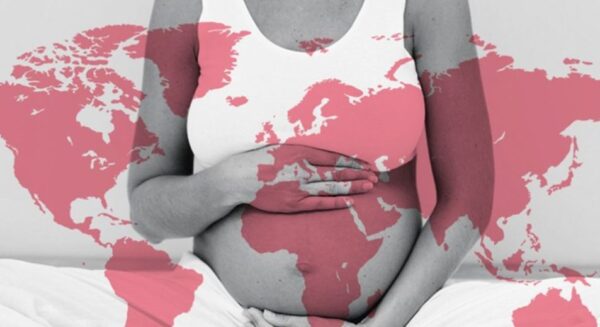Lifestyle
5 countries where surrogacy is banned and why

Surrogacy is when a woman (called a surrogate) carries and gives birth to a child for another person or couple.
It’s often used by couples struggling with infertility, single parents, or LGBTQ+ individuals who want to have biological children.
In some cases, the surrogate is also the biological mother (traditional surrogacy), but in most modern arrangements, the embryo is created using the intended parents’ or donor’s egg and sperm (gestational surrogacy).
While many countries have clear guidelines and laws supporting this process, others have banned it completely due to ethical, religious, or cultural concerns.
Below are five countries where surrogacy is currently illegal and why these restrictions exist.
1. France
Instead, France encourages adoption and has strict laws protecting children’s lineage. In fact, under French law, the woman who gives birth to the child is always considered the legal mother, even if she’s not biologically related to the baby.
Why it’s illegal: French lawmakers believe surrogacy commodifies human life and could open the door to the sale of babies.
2. Germany
Medical professionals who assist in surrogacy arrangements can be fined or imprisoned. This includes IVF clinics that implant embryos into surrogates.
Why it’s illegal: The German constitution strongly protects human dignity. Lawmakers argue that surrogacy treats both the surrogate and the child as objects, which violates that principle.
3. Italy
Italian courts have refused to recognise children born via surrogacy in other countries, especially for same-sex couples.
Why it’s illegal: Italy’s ban stems from religious beliefs (with the Catholic Church being highly influential), as well as concerns about protecting traditional family structures.
4. Pakistan
There have been isolated surrogacy cases in the past, but religious scholars and authorities strongly oppose the practice, especially when it involves third-party donors.
Why it’s illegal: It is considered to interfere with lineage and family purity, both of which are deeply valued in Islamic teachings.
5. Switzerland
Children born via surrogacy abroad often face legal issues when brought into the country, especially when it comes to parentage and citizenship rights.
Why it’s illegal: Swiss lawmakers view surrogacy as harmful to the dignity of women and children, and fear it may open the door to exploitation or child trafficking.
If you’re South African and considering surrogacy abroad, always check the laws of both countries, the one where the surrogacy happens and the one where you’ll raise the child.
Some South Africans have successfully pursued surrogacy in countries like the US, Georgia and others.
Understanding what’s legal and what’s not can help you avoid heartbreak, financial loss, and legal troubles.










